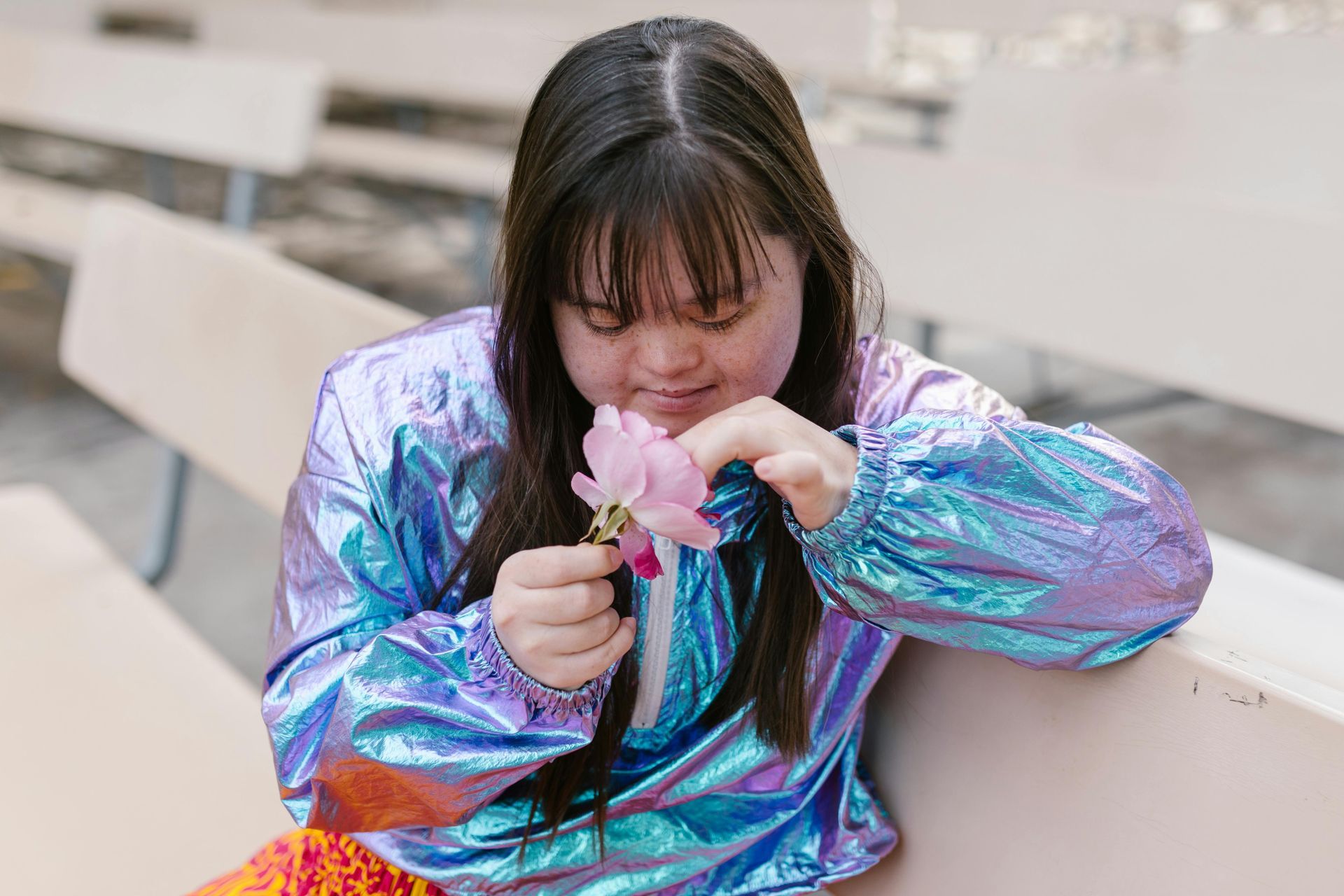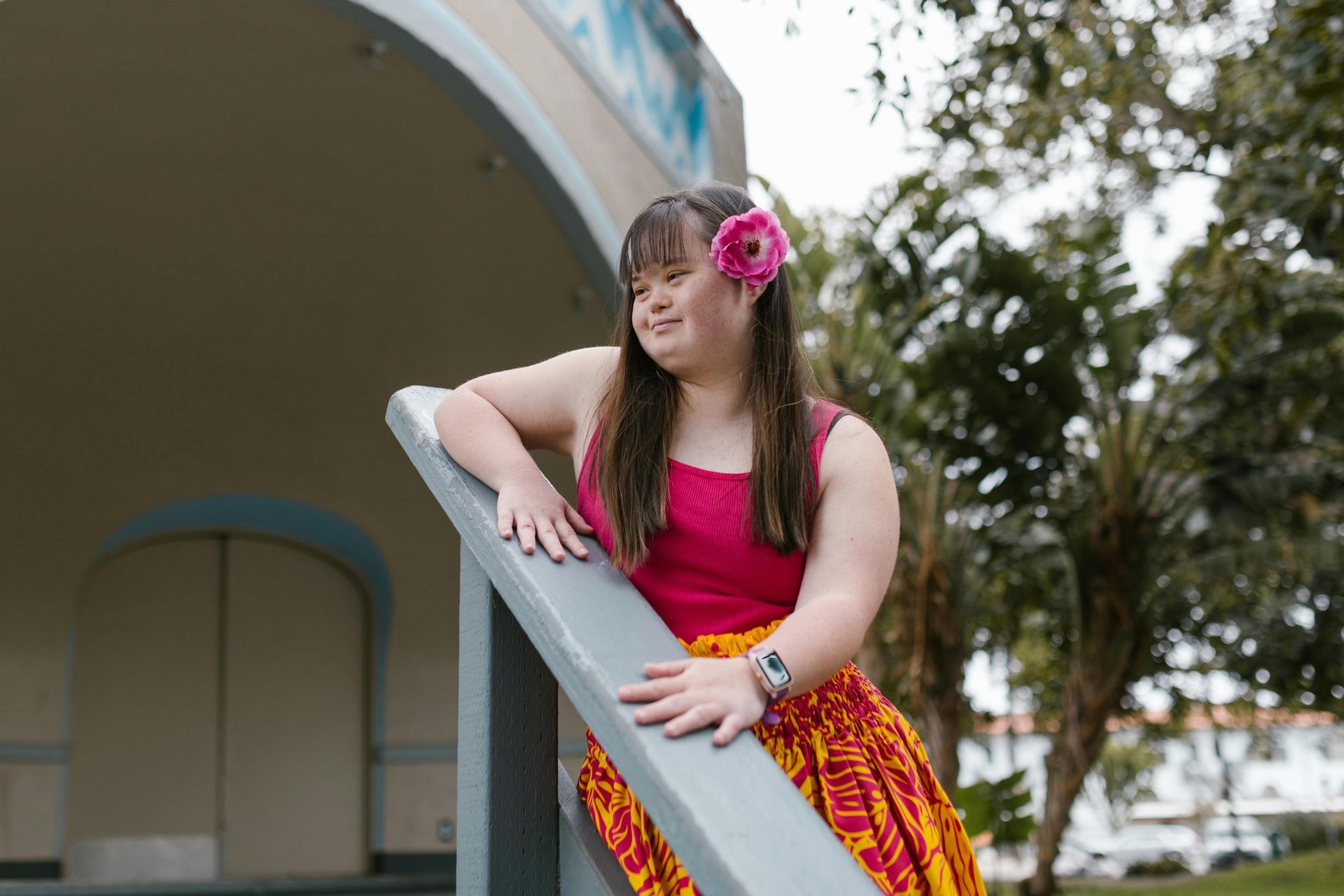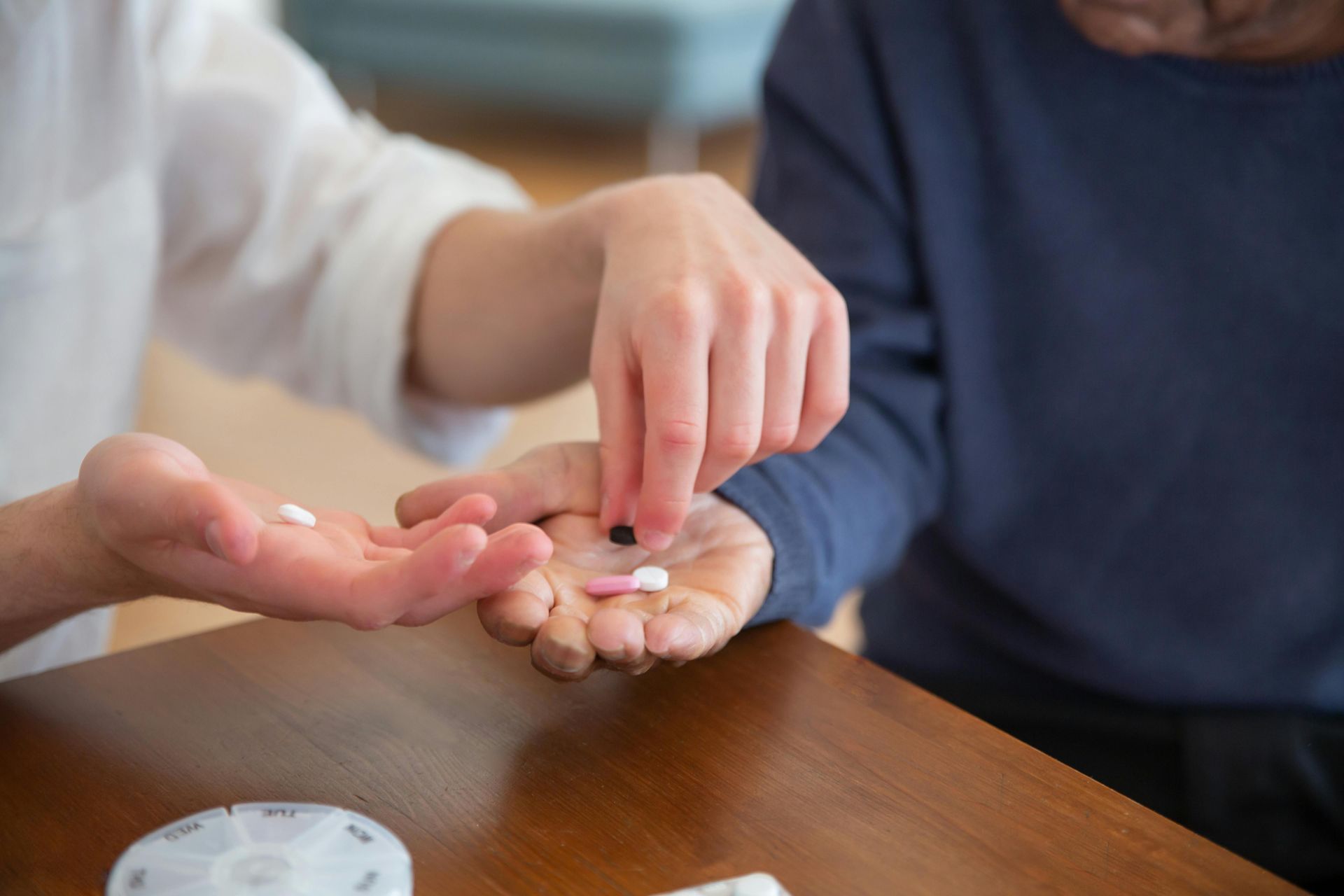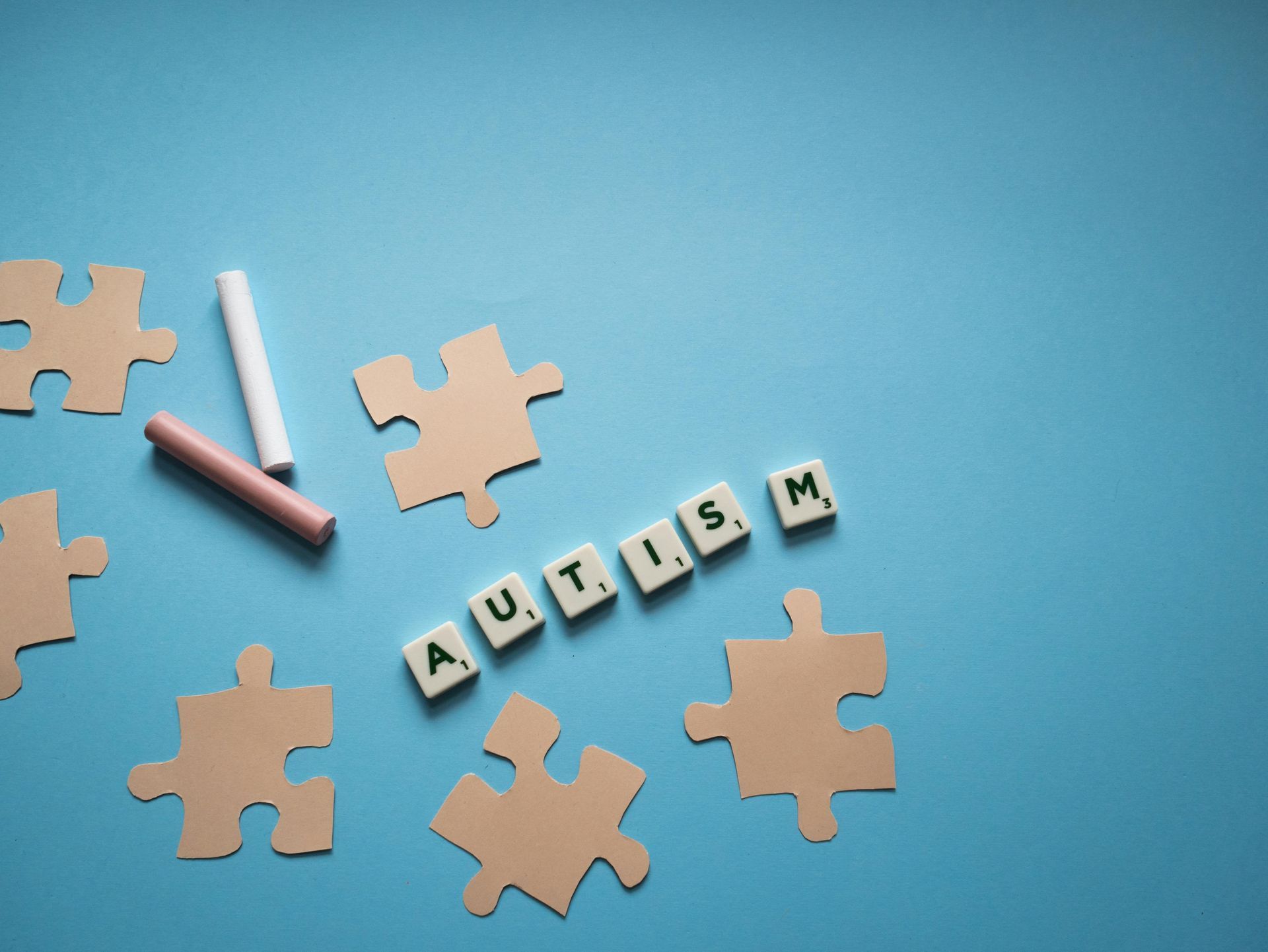
Being a primary caregiver for an adult with autism is challenging, especially if you haven’t been taking care of yourself along the way.
If you can learn how to give yourself breaks from caregiving when you need them, your entire concept of caregiving can shift.
Assess Why You’re Feeling Guilt around Respite.
Guilt around the idea of respite is extremely common for caregivers of all types. Often this is rooted in fear that something will happen while you’re away. You might also worry that you’re the only person who understands your care recipient’s unique needs. This is an extremely common underlying belief if your family member is on the autism spectrum. Look for the other reasons you might be feeling guilt so that you can assess whether it’s justified or not.
Take a Look at What You Need.
Once you know why you’re feeling guilty, it’s time to take an objective look at what it is that you really need. Do you need to go to your own doctor to take care of your health? Perhaps you need to have time to attend support group meetings. You might also need time just to figure out what it is that you need. It’s not unusual at all for caregivers to have a difficult time remembering what it’s like to take care of themselves.
Hire Home Care for Autism.
Home care providers who help adults with autism can be exactly the solution you’re looking for. They have experience with the types of situations your family member is likely to be facing on a daily basis. Unlike having family members or friends filling in for you, you’ll know that your family member is left with someone who understands her needs.
Give Yourself Permission to Use that Time for Yourself.
After you have the logistics worked out, you might still be your own worst enemy in this plan. If you still aren’t giving yourself permission to use this respite time for yourself, you’re going to go back to avoiding respite care. That ends up being far worse for you in the long run. Ultimately you’re going to fare much better if you can give yourself permission to use that respite time for yourself.
It’s normal to have a difficult time with the idea of taking care of yourself while you’re taking care of someone else. But you have to get past that if you’re going to continue to be a caregiver.
If you or an aging loved-one are considering professional home care in Potomac, MD , please call the caring staff at Global Hands Inc. Call today 240-264-0769.










